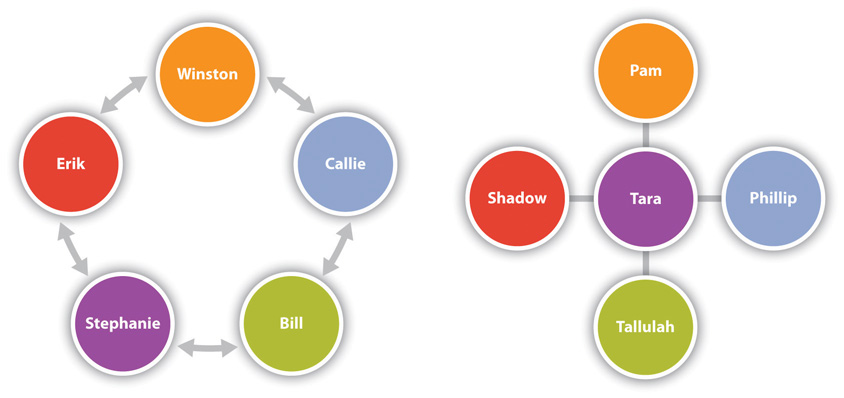Reference Tools
The transition to college-level research means turning more toward primary sources and away from general reference materials. Primary sources are written by people with firsthand experiences with an event or researchers/scholars who conducted original research. Unfortunately, many college students are reluctant to give up their reliance on reference tools like dictionaries and encyclopedias. While reference tools like dictionaries and encyclopedias are excellent for providing a speaker with a background on a topic, they should not be the foundation of your research unless they are academic and/or specialized.
Dictionaries are handy tools when we aren’t familiar with a particular word. However, citing a dictionary like Webster’s as a source in your speech is often unnecessary. I tell my students that Webster’s Dictionary is useful when you need to challenge a Scrabble word, but it isn’t the best source for college-level research. You will inevitably come upon a word that you don’t know while doing research. Most good authors define the terms they use within the content of their writing. In that case, it’s better to use the author’s definition than a dictionary definition. Also, citing a dictionary doesn’t show deep research skills; it only shows an understanding of alphabetical order. So ideally you would quote or paraphrase the author’s definition rather than turning to a general dictionary like Webster’s. If you must turn to a dictionary, I recommend an academic dictionary like The Oxford English Dictionary (OED), which is the most comprehensive dictionary in the English language, with more than twenty volumes. You can’t access the OED for free online, but most libraries pay for a subscription that you can access as a student or patron. While the OED is an academic dictionary, it is not specialized, and you may need a specialized dictionary when dealing with very specific or technical terms. The Dictionary of Business and Economics is an example of an academic and specialized dictionary.
Many students have relied on encyclopedias for research in high school, but most encyclopedias, likeWorld Book, Encarta, or Britannica, are not primary sources. Instead, they are examples of secondary sources that aggregate, or compile, research done by others in a condensed summary. As I noted earlier, reference sources like encyclopedias are excellent resources to get you informed about the basics of a topic, but at the college level, primary sources are expected. Many encyclopedias are Internet based, which makes them convenient, but they are still not primary sources, and their credibility should be even more scrutinized.

Wikipedia’s open format also means it doesn’t generally meet the expectations for credible, scholarly research.
Source: Wikimedia Foundation.
Wikipedia revolutionized how many people retrieve information and pioneered an open-publishing format that allowed a community of people to post, edit, and debate content. While this is an important contribution to society, Wikipedia is not considered a scholarly or credible source. Like other encyclopedias, Wikipedia should not be used in college-level research, because it is not a primary source. In addition, since its content can be posted and edited by anyone, we cannot be sure of the credibility of the content. Even though there are self-appointed “experts” who monitor and edit some of the information on Wikipedia, we cannot verify their credentials or the review process that information goes through before it’s posted. I’m not one of the college professors who completely dismisses Wikipedia, however. Wikipedia can be a great source for personal research, developing news stories, or trivia. Sometimes you can access primary sources through Wikipedia if you review the footnote citations included in an entry. Moving beyond Wikipedia, as with dictionaries, there are some encyclopedias that are better suited for college research. The Encyclopedia of Black America and the Encyclopedia of Disaster Relief are examples of specialized academic reference sources that will often include, in each entry, an author’s name and credentials and more primary source information.